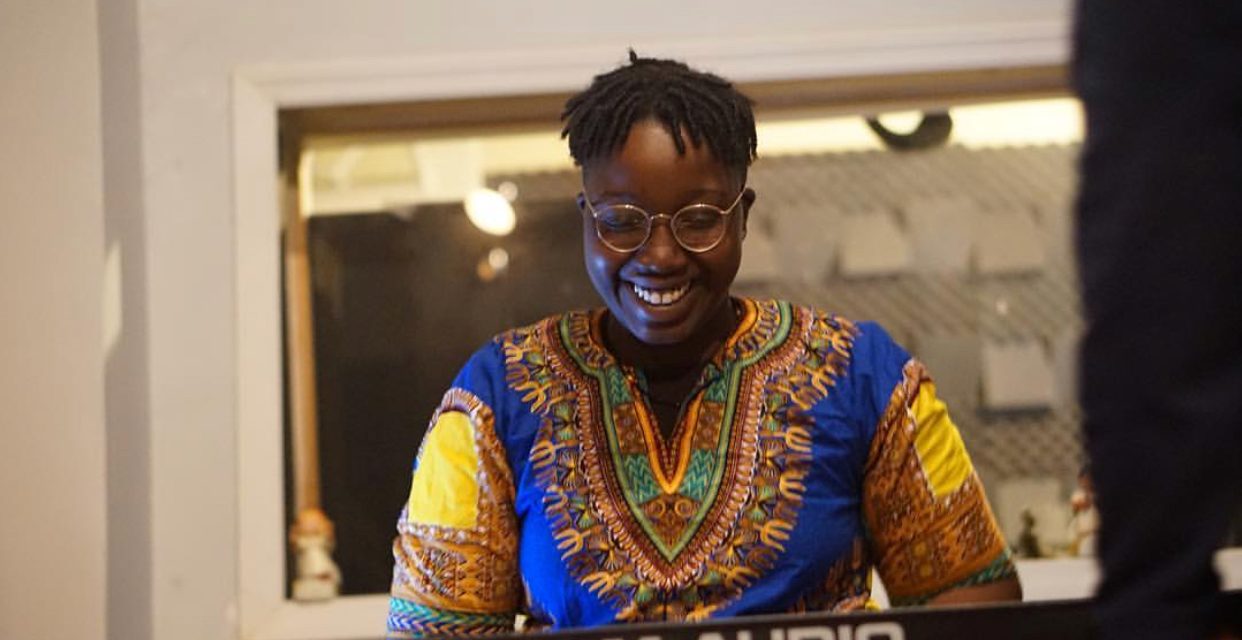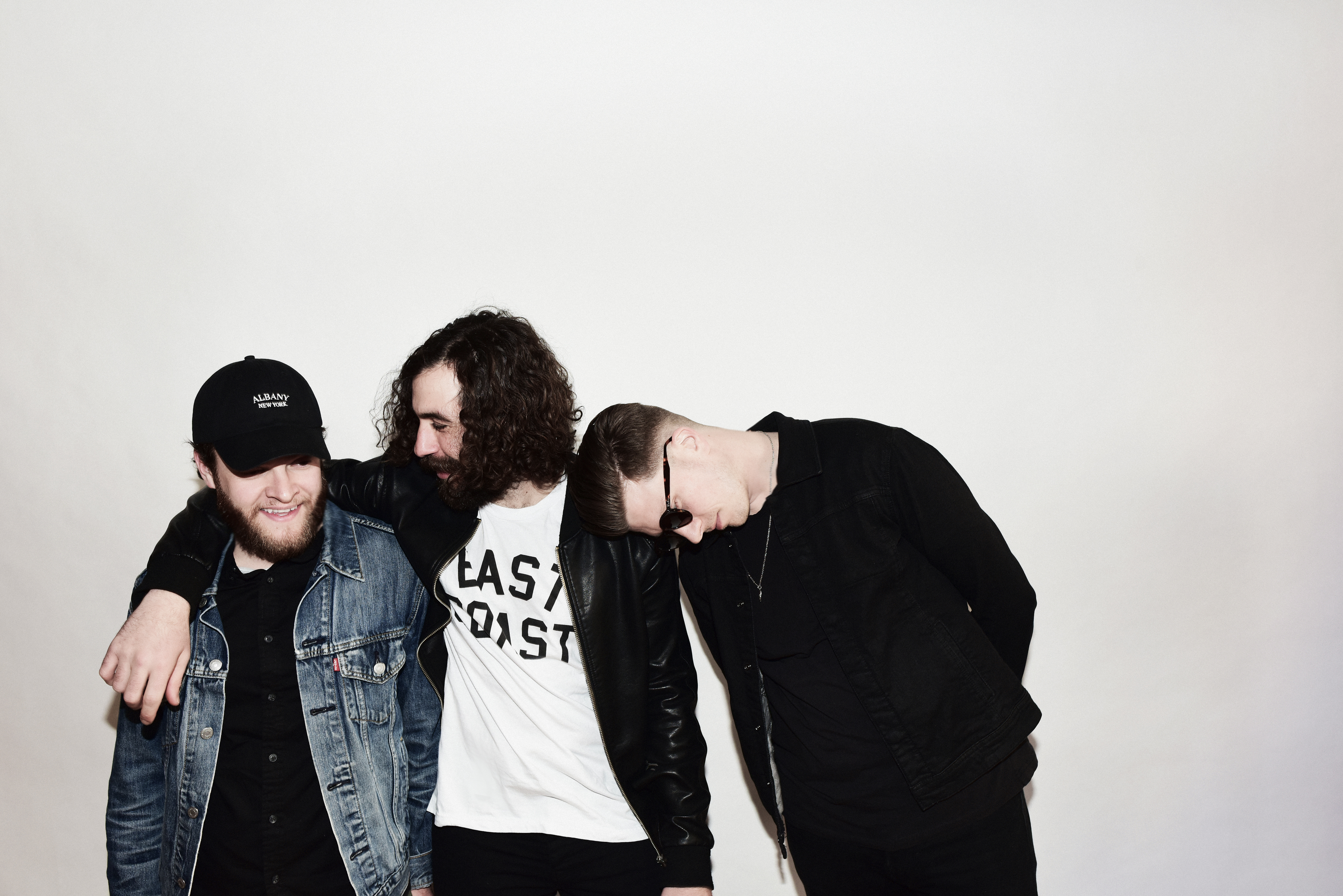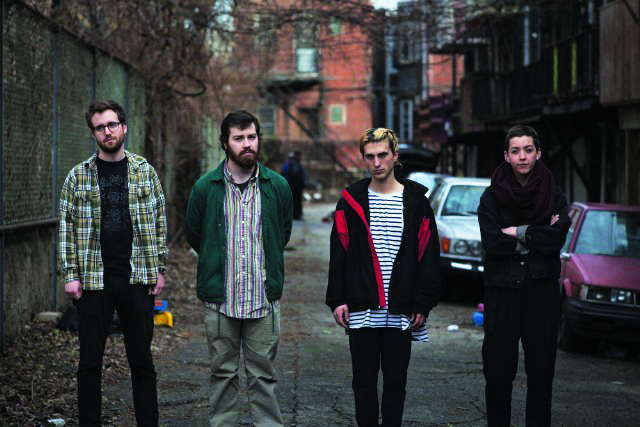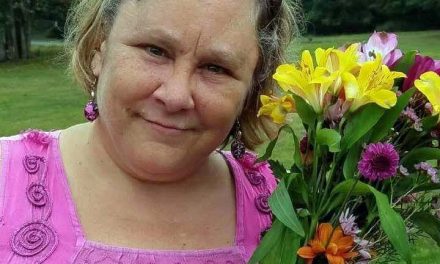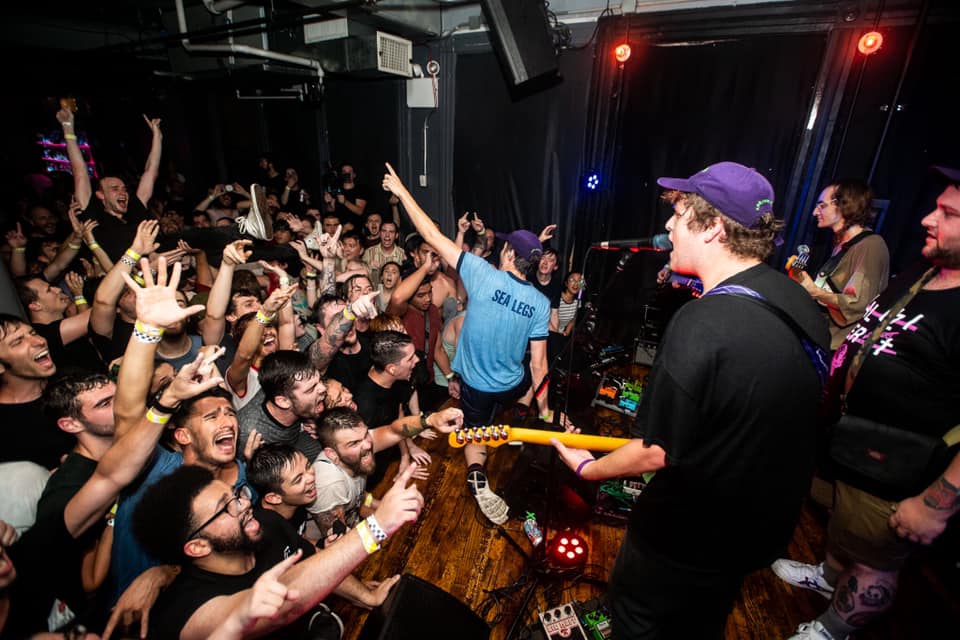Keyboardist, percussionist, producer
Age: 28
Current hometown: Albany
Current project: Composing a collection of four songs for a planned release in early 2021
Find her online: Instagram, Twitter, YouTube
Editor’s note: This is a first a new series of Maker of the Week profiles sponsored by KeyBank.
Phylicia Coley grew up in Syracuse before coming to the Capital Region in 2010 to study at UAlbany. She describes herself as a queer Black woman and self-taught drummer/keyboardist with no classical training. As the current director of Residence Life at the College of Saint Rose and a regular musician with the Morning Star Missionary Baptist Church in Albany, Coley is a strong believer in the intersection of the arts and education.
You intrigued me with what you said about not having any classical training. Tell me more about that.
My mother plays the organ, and I grew up learning to play in a church setting. I used to accompany (her). I started playing the drums when I was about 5 years old; I picked up the piano a couple years later. I just started by following songs that she played. My mother also plays by ear. I really learned her process.
I kind of go based on feeling. In learning how to perfect my ear, discovering different chords just through trusting my hands, I’ve been able to teach myself.
Being a young Black girl, I didn’t know a lot of women drummers, or drummers who identified as women. I really wanted to be the sore thumb, I wanted to stand out. I wanted to say, “OK, I can do this, too.” I played djembe, I played dunduns, I played bongos, maracas.
Pre-COVID, there (was) a drum circle at Washington Park every Sunday. It would be a collection of people that would come together from about noon to like 5 p.m., and just play.
Has COVID impacted you as an artist?
It definitely has.
Not being classically trained, there’s always been an insecurity with performance. I really had a conversation with myself just under a year ago, to be more proactive. I was very invested in trying to market myself and put myself into spaces where other people can see my talents, and I can network and collaborate. I performed at the Palace Theatre for their Black History Month celebration. I was trying to get myself into things and then — bam! March happened. In the midst of that momentum, everything was closing down.
I won’t say it affected my musicianship, because I do have equipment at home. What it affected was me trying to further develop a portion of my musicianship, which is marketability. But I’m using it as a moment to be able to grow.
Would being a musician full-time be the dream for you?
Definitely. I work in education now… ideally, I would like to fuse the two together. My ideal position would be to teach students from neighborhoods like mine how to produce and audio engineer their own music.
Tell me more about what your work in producing has been.
I have a lot of collaborations. I’ve been the creator behind a lot of music that Jordan Taylor Hill has put out. He lives at Albany Barn; he’s really transformed his space into a recording area.
I’m trying to be more focused on producing music for myself. In Syracuse, where I grew up, a lot of my friends are first-generation college students. A lot of our families haven’t gone to college. Back then, I knew nothing about audio engineering. When I got to college and I had some friends that were in the music program… I learned a lot about what that looks like. I’m just wanting to be that bridge for other people.
If I said to you, “I don’t think the arts are very important,” what might you say to get me to reconsider that?
I would ask you a few things. I would ask you, “How do you process or have the discourse with yourself around emotion?” I think that artistry and, specifically for me, musicianship, is utilized in a lot of ways. People have mood playlists all the time — “I’m not feeling right” or “I want to work out,” so I have to listen to up-tempo, upbeat kinds of songs. What I would say is, number one, “How do you process your emotions and what outlet do you utilize?” I would be very certain that at least one of those outlets is something related to art and artistry.
Number two, I would ask you to look at some of your most joyous moments, and try to see how many of those moments include or relate to art. I would also encourage you to look at the definition that you’re utilizing to say that “art is not important,” because there’s art in every single industry, every field.
You mentioned that you’re a queer Black woman. Does that feel important to your identity as an artist?
One hundred percent. I think that — I know that — number one, Black women in general are already marginalized… but when you add “queer” to it, a lot of queer Black women are not recognized or are not present.
This goes back to why I’m in education. A lot of the time it’s about representation — seeing someone that looks, acts or presents like you. If I need to announce myself anytime I enter a room, I’m going to do that. If there’s someone else in the room that feels similarly, they know that there is a path. There’s a way to get there. I definitely utilize my intersection of identities to say, “I’m here, I’m Queer, I’m Black, I’m proud.”
Sounds like you’d like to give back to the community, like younger folks.
For me, growing up and playing in church, a lot of it was just looked upon as a hobby. I think there needs to be more of an importance around marketing yourself. There’s a way to make it so that you can do the thing that you love for the rest of your life.When people ask you the simple question of “What do you do?” I think there’s a fear of just saying “I play music.” I’m looking at instilling confidence in the younger generation to say, “I am a musician, I’m an artist, and that’s what I do.
”Wish to nominate a Maker of the Week? Email us.

